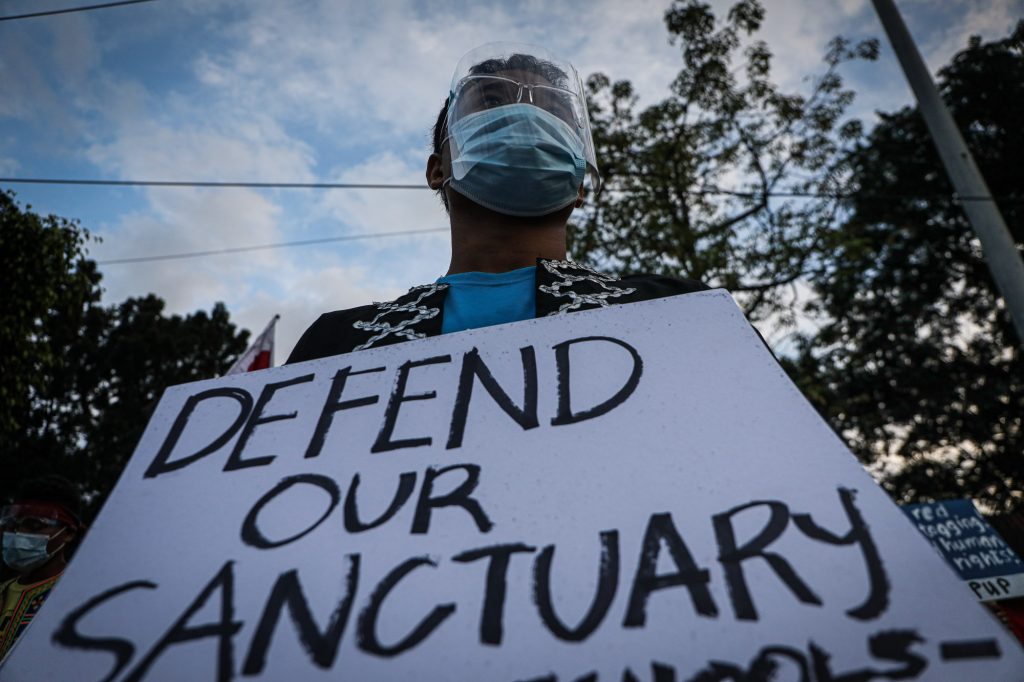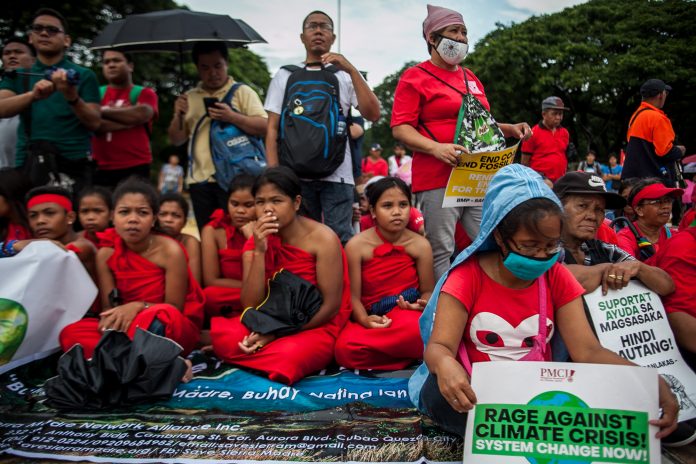A Franciscan priest stressed the important role played by indigenous peoples in protecting and caring for the environment as the Catholic Church marked Indigenous People’s Sunday on October 10.
“Indigenous people play an important role in preventing the destruction of our world,” said Father Pedro Montallana, OFM, in an interview over Church-run Veritas 846.
“If the indigenous people are not there, our forests would have already been gone,” he said, adding that their respect for nature is what Pope Francis have been trying to remind everyone.
Father Montallana, who is also chairman of the Save Sierra Madre Network Alliance, blamed people’s greed for the destruction of the country’s forests and mountains.
“Our forests have remained as forests in many parts of the country because of the indigenous people’s world view that nature is their sibling and mother,” said the priest.
He said, however, that many people, especially lowlanders, have lost that understanding of nature “and many … have destroyed the forest because what we saw in them is only money.”
The priest appealed to everyone to continue protecting the environment and be one with the indigenous people in caring for it.
He said it is also “very important” to protect indigenous peoples especially from “development aggression” because they have been given by God a “special charism to protect nature.”
In August, a global network of indigenous peoples’ rights advocates said the prevailing global economic system” has aggravated the vulnerability of indigenous communities to the impacts of the climate crisis.
The International Indigenous Peoples Movement for Self Determination and Liberation said social inequality has put the most vulnerable population at “increased susceptibility” to damages.
“The worsening climate conditions mean the destruction of the environment around them for which they rely upon their food, water, and shelter,” said Beverly Longid.
Longid made the statement a week after the Intergovernmental Panel on Climate Change released a study concluding that “it is unequivocal” that humans have caused “unprecedented and irreversible” change to the climate.

The UN climate report found that global warming is dangerously close to spiraling out of control.
The report said that even the most severe carbon emission cuts are unlikely to prevent global warming of 1.5 degrees Celsius above pre-industrial temperatures by 2040.
Longid said indigenous peoples, who are the foremost protectors of the environment, “are one of the most to suffer if action is not taken.”
The world’s top three greenhouse gas emitters – China, the European Union, and the United States – contribute at least 41.5 percent of the total global carbon emissions while the bottom 100 countries only account for 3.6 percent.
According to the UN report, the energy sector remains the biggest carbon emitter because of the use of dirty energy sources such as coal and other fossil fuels.
Bishop Jose Colin Bagaforo of Caritas Philippines said the severity of the present climate situation calls all sectors to “unite in action for the healing of our Common Home.”
“We may find ourselves disheartened – perhaps even in fear of what the future holds especially for the young and for those yet to be born,” he said.
“But it is precisely this that should get us on our feet,” said the bishop.
In 1978, the Catholic Bishops’ Conference of the Philippines declared every second Sunday of October as Tribal Filipino Sunday.
In the 1990s, following the lead of the United Nations, which formally described First Nations groups as Indigenous Peoples, local church leaders renamed the celebration as Indigenous Peoples Sunday.









